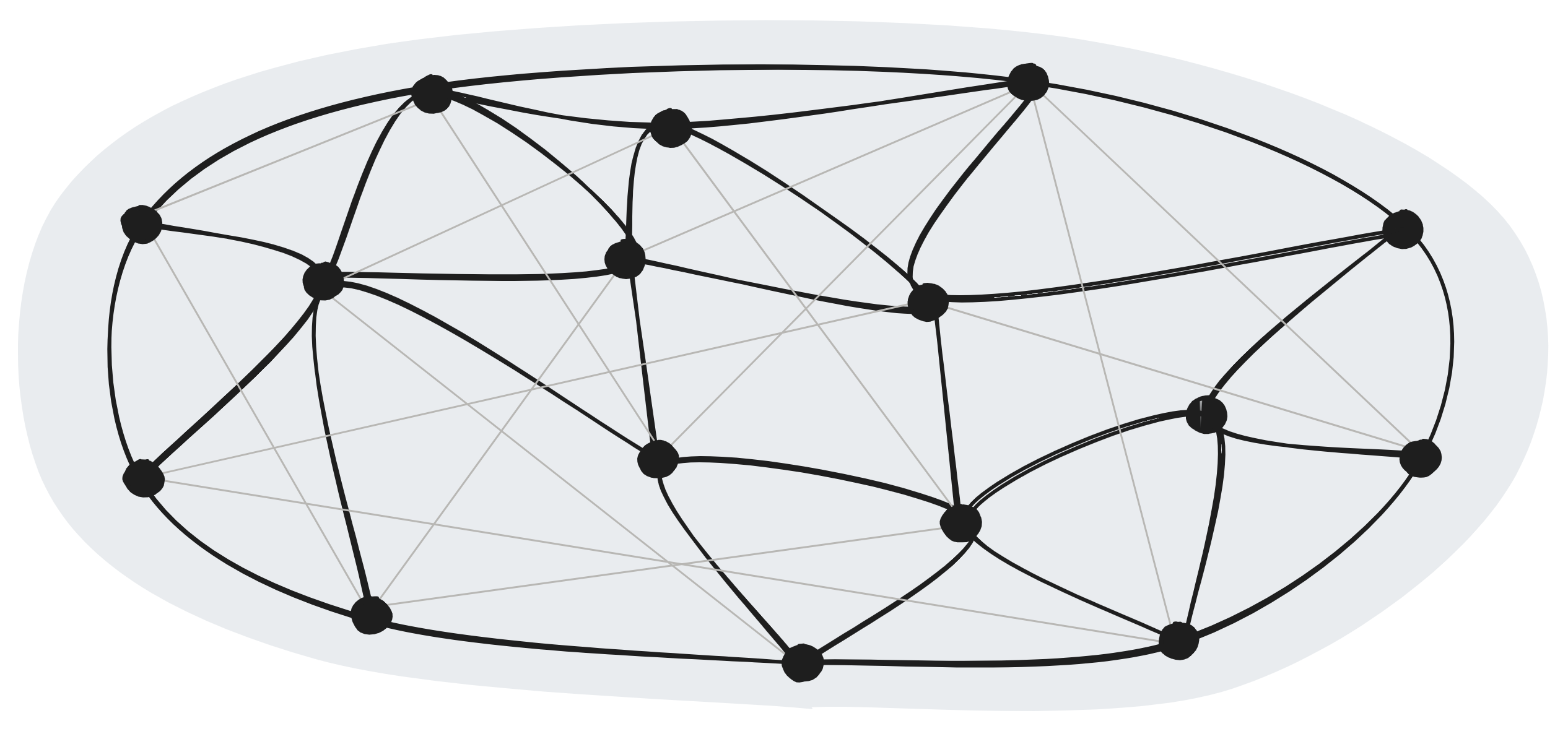webpeerjs
WebPEER
WebPEER is a P2P Network that Runs in a Browser
This webpeerjs library implements libp2p to create decentralized peer-to-peer network that runs in a browser without a central server.
Basic Chat App Demo available at : https://nuzulul.github.io/webpeerjs/demo/chat.html

Security
WebPEER Network run over libp2p gossipsub protocol to enables communication between peers.
By default, the gossipsub implementation will sign all messages with the author’s private key, and require a valid signature before accepting or propagating a message further. This prevents messages from being altered in flight, and allows recipients to authenticate the sender.
However, as a cooperative protocol, it may be possible for peers to interfere with the message routing algorithm in a way that disrupts the flow of messages through the network.
Features
- ✅ Decentralized P2P
- ✅ Scalable Peers
- ✅ Works in Browsers
- ✅ Broadcast Messages
- ✅ Censorship Resistant
Ideas
- Blockchain
- Voting / Polling
- Collaborative activity
- IoT
- Censorship resistent social media
- Remote control
- Multiplayer games
- Decentralized/distributed web
- Signalling protocol
- Location tracker
- User activity tracker.
Try it out!
- Go to a deployed chat demo at : https://nuzulul.github.io/webpeerjs/demo/chat.html .
- Open the app on another device.
- Both your devices should connected.
- Now start sending message.
Browser Support
 |
|  |
|  |
|  |
|  |
|  |
— | — | — | — | — | — |
Latest ✔ | Latest ✔ | Latest ✔ | Latest ✔ | Latest ✔ | Latest ❓ |
|
— | — | — | — | — | — |
Latest ✔ | Latest ✔ | Latest ✔ | Latest ✔ | Latest ✔ | Latest ❓ |
Quickstart
Try now in Playground :
https://jsbin.com/suwesaliro/1/edit?html,output
NPM install:
npm i webpeerjs
Browser <script> tag :
Uses built-in JS files from latest release or CDN will make it’s exports available as webpeerjs in the global namespace.
<script src="https://cdn.jsdelivr.net/npm/webpeerjs@0.1/dist/umd/webpeerjs.min.js"></script>
Example
import { webpeerjs } from 'webpeerjs'
void async function main() {
const node = await webpeerjs.createWebpeer()
console.log(`My node id : ${node.id}`)
const [broadcast,listen,onmembersupdate] = node.joinRoom('globalroom')
listen((message,id) => {
console.log(`Message from ${id} : ${message}`)
})
onmembersupdate((data) => {
console.log(`Members : ${data}`)
broadcast('hello')
})
}()
API
createWebpeer(config)- Create a new node.config- Configuration object contain:rtcConfiguration- (optional) Custom rtcConfiguration for WebRTC transport, currently the only transport available for direct peer-to-peer connectivity between browser.
id- Get the unique ID of the node as an identity in the global network.status- Get the node status, returnsconnectedorunconnected.peers- Get all connected peers.joinRoom(namespace)- Join to the room, returns an array of three functions, example : [Broadcaster, onListenBroadcast, onMembersUpdate].Broadcaster- Function to broadcast message to room members.- Limited to 1 message/second.
onListenBroadcast- Callback function that listen on incoming broadcast message.onMembersUpdate- Callback function that listen on room members update.
API Docs
https://nuzulul.github.io/webpeerjs
Related
- webConnect.js - Auto WebRTC Mesh P2P network without any hassle.
- RingsNetwork - Rings is a structured peer-to-peer network implementation using WebRTC, Chord DHT, and full WebAssembly (WASM) support.
License
MIT